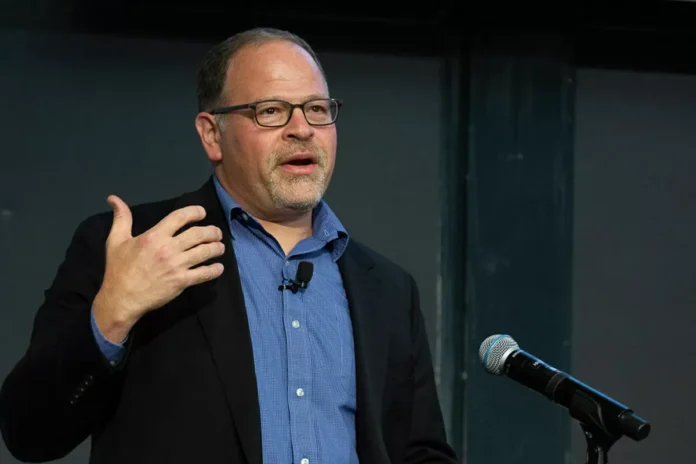In a recent lecture at the prestigious Massachusetts Institute of Technology (MIT), Professor Adam Berinsky delved into one of the most complex and pressing issues in modern politics. With his extensive research and expertise, Professor Berinsky provided valuable insights into the thorny problem of political polarization.
Political polarization refers to the increasing divide between individuals and groups with differing political beliefs and ideologies. This phenomenon has become a major concern in many countries, including the United States, where it has led to a breakdown of civil discourse and hindered progress on important issues.
During his lecture, Professor Berinsky highlighted the various factors that have contributed to the rise of political polarization. He pointed out that the media, particularly social media, has played a significant role in amplifying and reinforcing partisan views. The constant barrage of biased information and echo chambers on social media platforms have created an environment where individuals are less likely to engage with opposing viewpoints.
Furthermore, Professor Berinsky also discussed the impact of gerrymandering, the practice of manipulating electoral boundaries to favor a particular political party. This has resulted in the creation of safe seats for politicians, making it easier for them to cater to their base rather than working towards finding common ground with the opposition.
Another crucial factor that Professor Berinsky highlighted was the decline of trust in institutions and the rise of anti-establishment sentiments. This has led to a growing skepticism towards the government and its ability to address the needs of the people. As a result, individuals are more likely to align themselves with extreme ideologies and reject any attempts at compromise.
However, despite the grim picture painted by these factors, Professor Berinsky also offered some potential solutions to combat political polarization. He stressed the importance of promoting critical thinking and media literacy, especially among the younger generation. By equipping individuals with the skills to analyze and evaluate information objectively, we can reduce the impact of biased media on our political views.
Moreover, Professor Berinsky also emphasized the need for electoral reform to address gerrymandering and promote fair representation. This would not only lead to more competitive elections but also encourage politicians to appeal to a broader base of voters rather than just their party’s supporters.
Furthermore, Professor Berinsky highlighted the importance of rebuilding trust in institutions and promoting a sense of national identity. By fostering a shared sense of purpose and belonging, we can bridge the gap between individuals with differing political beliefs and promote a more inclusive and collaborative political environment.
In conclusion, Professor Berinsky’s lecture shed light on the complex issue of political polarization and provided valuable insights into its causes and potential solutions. It is clear that this problem cannot be solved overnight, but with a concerted effort from individuals, institutions, and policymakers, we can work towards reducing the divide and promoting a more united and productive political landscape.
As members of society, it is our responsibility to engage in civil discourse and actively seek out diverse perspectives. Only by understanding and respecting each other’s viewpoints can we move towards finding common ground and addressing the challenges facing our society. Let us take inspiration from Professor Berinsky’s lecture and work towards a more harmonious and inclusive political future.

